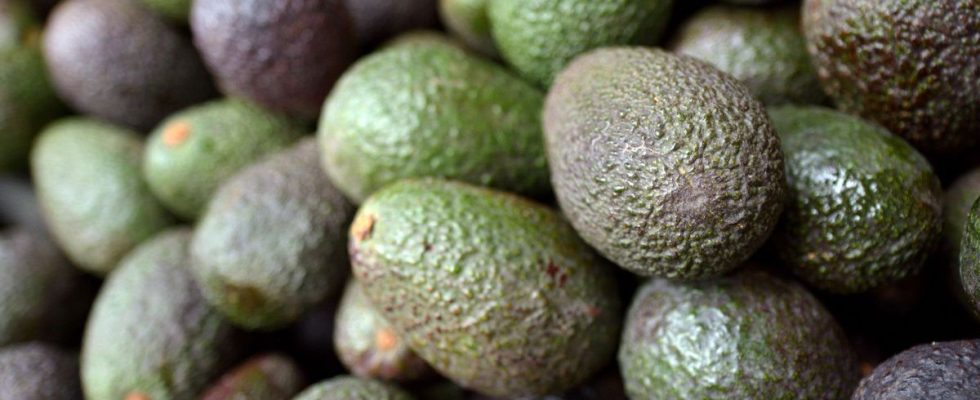On the supermarket shelves, concern is setting in among consumers. Are major retail brands lying to us about the origin of their products? These concerns arise in the midst of the war between Israel and Hamas and as a call for a boycott is launched against several brands deemed too close to Israel.
For several days, on TikTok, several Internet users have reported the presence of lawyers from Peru or Mexico actually coming from Israel. While the display shows a different producing country, the boxes where the avocados are stored indicate the opposite: “Country of origin Israel”. “We have to stop using products that come from Kenya when they come from Israel,” growls an Internet user whose video has been seen nearly 600,000 times since its publication on Wednesday. Since then, the store’s display has been modified, as attested by the same Internet user in a video published the next day. This is then located at Auchan in Saint-Priest, near Lyon, but other supermarkets have been singled out, including a Lidl store in Nantes.
Are large retail chains really hiding the origin of fruits and vegetables in the current context? 20 minutes carried out his little investigation.
FAKE OFF
First we should start with a little consumer point around the much adored avocado (the vegetable, not the profession). In Europe, the product is a huge success and 770,000 tonnes of avocado were consumed on the continent in 2021. In France, this represents 2.2 kg of avocado gobbled per year and per person. And most of the time, avocados are obviously imported from far, far away because the little avocado that you have been growing for three years is not enough to feed everyone. Among the top 5 avocado suppliers in Europe, according to the World Avocado Organization, we find Peru (304,352 tonnes), Colombia (86,011 tonnes), Chile (83,272 tonnes), Israel (79,526 tonnes) and finally Spain (62,996 tonnes). Other exporting countries do not have to be ashamed of these figures, Mexico for example, Morocco or even Kenya.
Hey, these are precisely the countries that were used as a pretext by the big brands to hide the Israeli origin of their vegetables. What is it really? For Auchan, where Israeli avocados were marked as coming from Kenya, the store made its mea culpa. “We regret this in-store display error; we have also reminded all of our teams on the subject. Mentioning the origin of the products we sell is of course information that we owe to our customers.” Before adding: “Auchan’s vocation as a retailer is to respond in each of its stores to the diverse expectations of all of its customers, whatever their tastes or their different purchasing criteria.” The sign with the red bird also specifies that Kenya represents the majority of supplies before Israel, Chile, Morocco and Mexico.
Common display errors
Let’s now knock on the door of Lidl, the store in question in Nantes. He allegedly hid Israeli lawyers behind a “Peru” sign. “This is a display error, due to the fact that we regularly have certain fruits and vegetables from different sources on the shelves (notably avocados and pomegranates): Peru, Colombia, Kenya, Israel, etc. This will be rectified,” says the brand before reassuring consumers. “In view of recent events in the Middle East, we are dismayed by what is happening and are observing the situation with great concern. Schwarz Group companies reject all forms of violence. Our thoughts are with the victims of the conflict.”
Display errors actually occur very frequently in mass distribution. This is also the conclusion of our careful field investigation carried out in four supermarkets in eastern Paris: Carrefour City, Monoprix, Auchan and Lidl. In the first, avocados from Chile displayed as originating from Peru. In the second, RAS. Easier not to make a mistake when you group them into nets, clever Monoprix. In the third, lawyers from Kenya were actually Colombians. Finally, in the last of the Moroccan avocados actually came from Chile. At the risk of proposing a hasty conclusion, supermarkets mainly seem to change their stock without following the display. A common dumpling, but nothing political.

Remember that stores have an obligation to correctly display to consumers the origin of their food products, reminds us the General Directorate for Competition, Consumption and Fraud Control (DGCCRF). “Through its controls, the DGCCRF ensures that this information is delivered transparently to consumers, according to the terms applicable to the different categories of products concerned.” However, management informs us that a small number of reports have been recorded on this subject.

